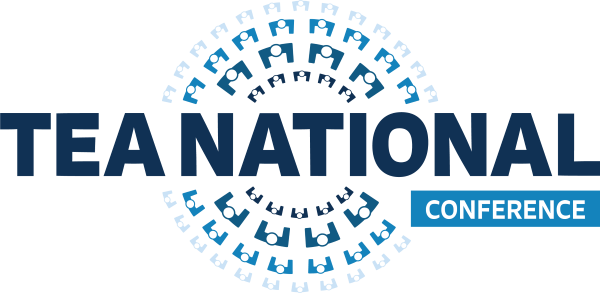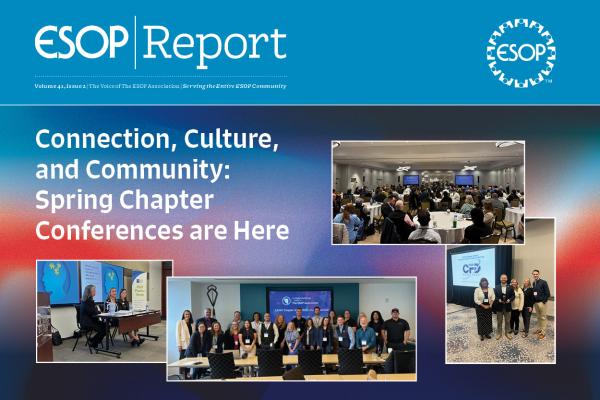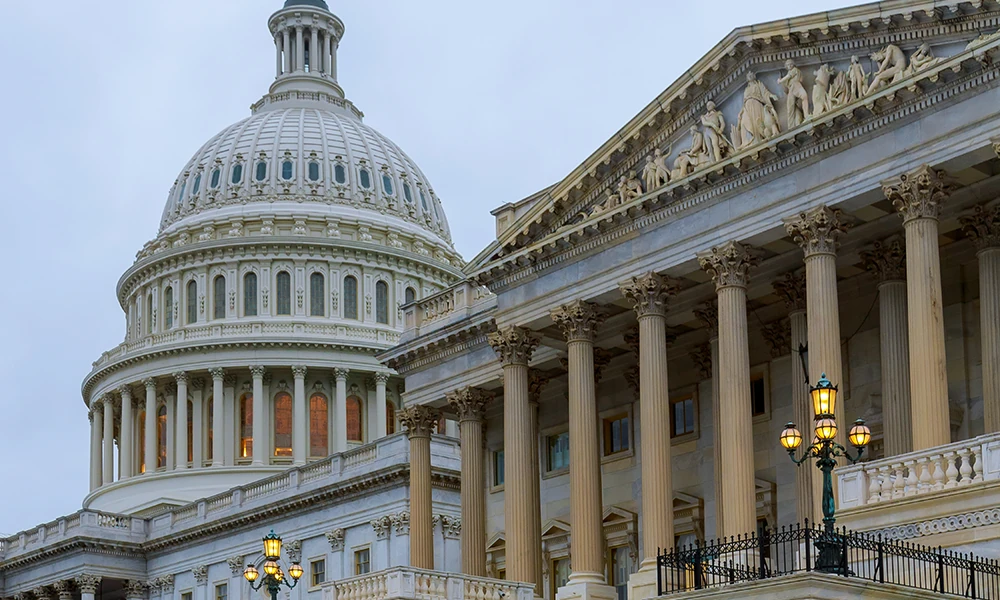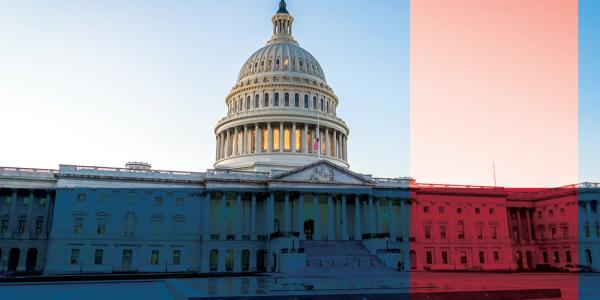Some economists are predicting an increasingly tough business climate ahead, but ESOP companies may have a better chance of riding out those rough seas than conventionally owned firms. And the odds get even better own ESOPs own more of the business.
These findings were reported in the book How Did Employee Ownership Firms Weather the Last Two Recessions?, which compared ESOP company data captured on the Department of Labor’s Form 5500 with Standard & Poor’s national data on publicly traded firms. The period analyzed spanned 1999-2010, so it included the recessions that started in 2001 and 2008.
Over that time, the mean likelihood that an ESOP company would suffer bankruptcy or liquidation was 0.2 percent; for firms without an ESOP, the mean likelihood was twice as high—0.4 percent.
What’s more, the book reported, “firms with an extra $1,000 of EO stock were linked to a 22.4 percent lower risk of experiencing bankruptcy or liquidation in any given year during the 1999–2010 period.”
The mean likelihood that an ESOP company would suffer bankruptcy or liquidation was 0.2 percent; for firms without an ESOP, the mean likelihood was twice as high—0.4 percent.
The authors—professors Fidan Kurtulus of the University of Massachusetts Amherst and Douglas Kruse Rutgers University—make it clear that their findings are correlations, and that causation is difficult to prove. But they do note that research has shown a causal connection between group-based incentives and economic performance. They further note that “shared pay motivates higher individual performance, even in the absence of other high-performance workplace practices like decision-making autonomy.”
ESOP companies are not the only ones that benefit from this phenomenon, the authors point out: They note that when ESOP companies survive tough times, like the ones that may lie ahead, the entire nation reaps the rewards. “Employee ownership,” they write, may “serve as an economy-wide policy instrument to lower job loss through increasing the likelihood of firm survival.”
Which suggests that having more ESOPs benefits everyone—especially during tough economic times.








